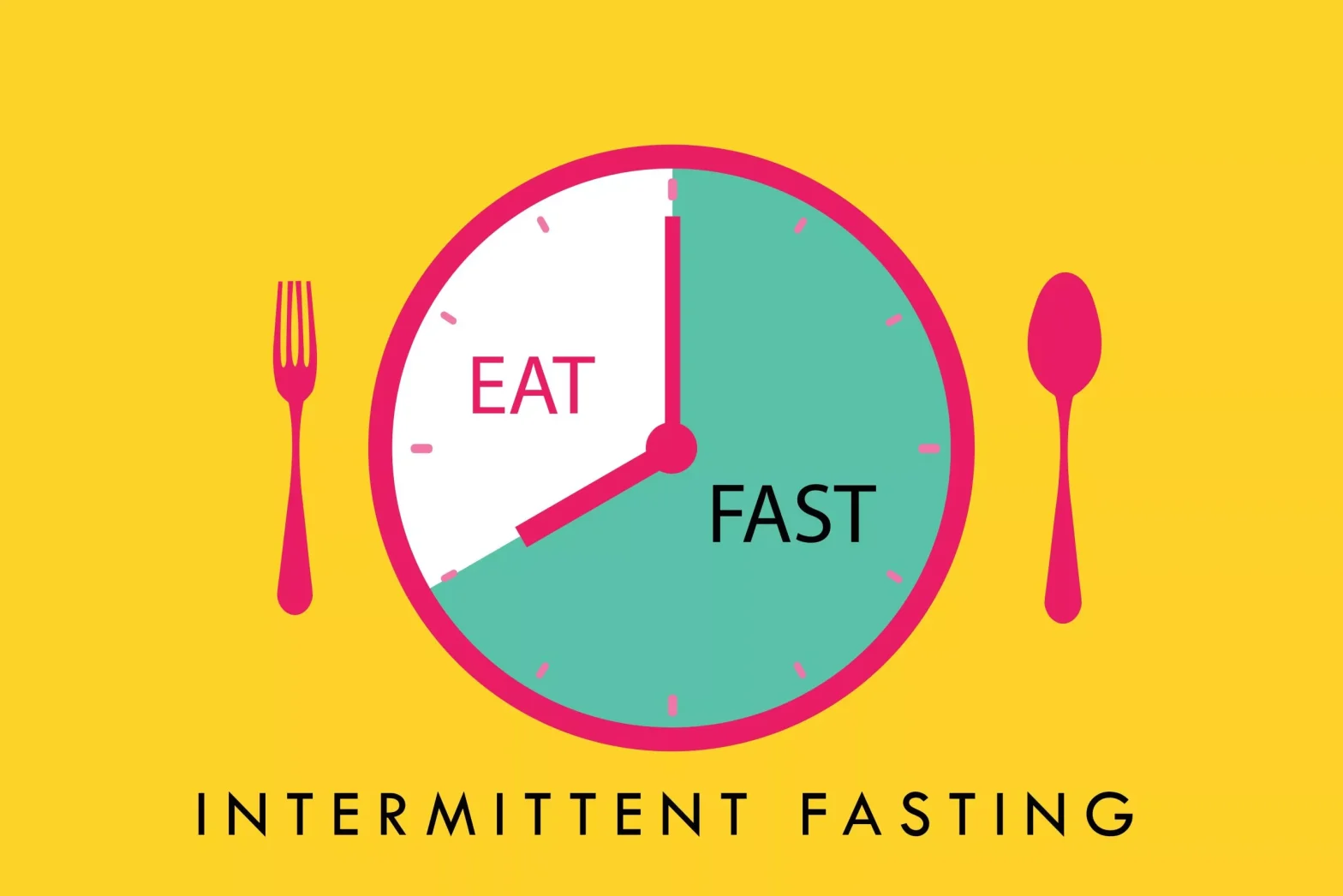Intermittent fasting has emerged as one of the most popular weight loss strategies in recent years, capturing the attention of millions seeking an effective approach to shedding pounds and improving their health. Unlike traditional diets that focus on what you eat, intermittent fasting emphasizes when you eat, creating structured eating windows followed by periods of fasting. This time-restricted eating pattern has gained scientific backing, with research showing promising results for weight management, metabolic health, and cellular repair processes.
The appeal of intermittent fasting lies in its simplicity and flexibility. Rather than counting calories or eliminating entire food groups, practitioners simply alternate between periods of eating and fasting, typically ranging from 12 to 40 hours. Popular methods include the 16:8 approach (fasting for 16 hours and eating within an 8-hour window), the 5:2 diet (eating normally five days and restricting calories two days), and alternate-day fasting.
This straightforward approach has made intermittent fasting accessible to people with various lifestyles and dietary preferences. However, as with any significant dietary change, the question of safety remains paramount. While studies have demonstrated that intermittent fasting can lead to weight loss ranging from 0.8% to 13.0% of baseline body weight, the long-term effects and potential risks require careful consideration.
Understanding both the benefits and limitations of intermittent fasting is crucial for anyone considering this approach to weight management, as individual responses can vary significantly based on health status, lifestyle factors, and personal circumstances.
How Intermittent Fasting Works for Weight Loss

Intermittent fasting promotes weight loss through multiple mechanisms that work synergistically to create favorable conditions for fat burning. The primary driver is caloric restriction – by limiting eating to specific time windows, most people naturally consume fewer calories without consciously counting them. This occurs because the fasting periods eliminate opportunities for snacking and reduce meal frequency, making it challenging to overeat during the designated eating windows.
The metabolic benefits extend beyond simple calorie reduction. When the body goes without food for extended periods, it exhausts its glucose stores and begins metabolic switching, transitioning from burning sugar to burning stored fat for energy. This process, known as ketosis, increases the production of ketones, which serve as an alternative fuel source and may contribute to appetite suppression. Research indicates that this metabolic shift can occur within 12-16 hours of fasting, making even shorter fasting periods potentially beneficial.
Intermittent fasting also triggers autophagy, a cellular repair process that occurs during fasting states. This mechanism allows cells to remove damaged components and regenerate, potentially improving cellular health and reducing inflammation markers. The process releases glucagon, a hormone that helps regulate blood sugar levels and acts as a natural appetite suppressant, further supporting weight loss efforts.
Additionally, fasting periods provide the digestive system with extended rest periods, which may improve gut health and reduce inflammation. This digestive rest can help reset eating patterns and reduce mindless snacking behaviors that often contribute to weight gain.
Scientific Evidence and Research Findings
The scientific literature on intermittent fasting presents compelling evidence for its effectiveness as a weight loss strategy. A comprehensive systematic review of 27 trials found that intermittent fasting consistently resulted in weight loss across all studies examined, with participants losing between 0.8% and 13.0% of their baseline body weight.
These studies, ranging from 2 to 12 weeks in duration, showed that weight loss occurred regardless of changes in caloric intake, suggesting that the timing of food consumption plays a significant role in metabolic outcomes. A larger systematic review of 40 studies revealed that intermittent fasting was effective for weight loss, with participants typically losing 7-11 pounds over 10 weeks.
Importantly, when researchers compared intermittent fasting groups to continuous calorie restriction groups in 12 clinical trials, they found no significant difference in weight loss amounts or body composition changes, indicating that intermittent fasting is at least as effective as traditional dieting approaches.
The research also demonstrates benefits beyond weight loss. Studies have shown that intermittent fasting can improve insulin sensitivity, reduce inflammation markers, and lower blood pressure. For individuals with type 2 diabetes, intermittent fasting may help reduce fasting glucose levels, decrease insulin resistance, and, in some supervised cases, reduce the need for insulin therapy. These metabolic improvements suggest that the benefits of intermittent fasting extend far beyond simple weight reduction.
However, researchers emphasize that the heterogeneity in study designs and methods limits direct comparisons between different intermittent fasting approaches. Most studies have been relatively short-term, and long-term sustainability and health effects remain largely unknown.
Safety Considerations and Potential Risks

While intermittent fasting appears safe for many healthy adults, it’s not appropriate for everyone and can cause various side effects, particularly during the initial adaptation period. Common short-term side effects include hunger, fatigue, headaches, irritability, decreased concentration, nausea, constipation, and insomnia. Most of these symptoms typically subside within a month as the body adapts to the new eating pattern.
Certain populations should avoid intermittent fasting or approach it with extreme caution. These include pregnant or breastfeeding women, individuals under 25 years old, people with eating disorders, those taking insulin or diabetes medications, individuals with seizure disorders, and people who work night shifts or operate heavy machinery. The restrictive nature of intermittent fasting can potentially trigger disordered eating patterns in susceptible individuals, making professional guidance essential.
Some research suggests that certain fasting protocols may carry additional risks. Evidence indicates that a 16-hour fasting, 8-hour eating cycle might raise heart disease risk compared to other time-restricted eating patterns, though more research is needed to confirm this finding. Intermittent fasting can also affect diabetes management, potentially causing dangerous blood sugar fluctuations in people taking glucose-lowering medications.
The social implications of intermittent fasting should also be considered. Skipping breakfast or dinner can interfere with family meals and social eating occasions, potentially impacting quality of life and social relationships. Additionally, some individuals may experience mood swings, difficulty concentrating, or disrupted sleep patterns that can affect daily functioning.
Who Should Consider Intermittent Fasting
Intermittent fasting may be most suitable for healthy adults looking for a structured approach to weight management without the complexity of calorie counting or food restrictions. It can be particularly appealing to individuals who prefer simplicity in their dietary approach and those who naturally tend to skip meals or have irregular eating patterns.
The method offers significant flexibility and adaptability, allowing people to choose eating windows that fit their lifestyle, work schedule, and social commitments. Whether someone prefers a high-carb, low-carb, vegetarian, or any other dietary approach, intermittent fasting can be adapted to accommodate various food preferences and restrictions.
People who have struggled with traditional dieting approaches may find intermittent fasting easier to maintain, as it doesn’t require constant food choices or portion control decisions. The time-based structure can help some individuals develop better eating habits and reduce mindless snacking behaviors.
However, professional consultation is essential before starting any intermittent fasting regimen. Healthcare providers can assess individual health status, current medications, and potential contraindications to determine whether intermittent fasting is appropriate. They can also provide guidance on which fasting method might be most suitable and how to implement it safely.
Making an Informed Decision

Intermittent fasting represents a promising approach to weight loss with solid scientific backing, but it’s not a universal solution. The evidence shows it can be as effective as traditional calorie restriction for weight loss while potentially offering additional metabolic benefits. However, the lack of long-term studies means the sustained effects and potential risks remain unclear.
Success with intermittent fasting depends largely on individual factors, including health status, lifestyle, and personal preferences. While some people find it liberating and sustainable, others may struggle with the restrictions or experience adverse effects. The key is approaching it thoughtfully, with proper medical guidance, and realistic expectations about both benefits and challenges.

